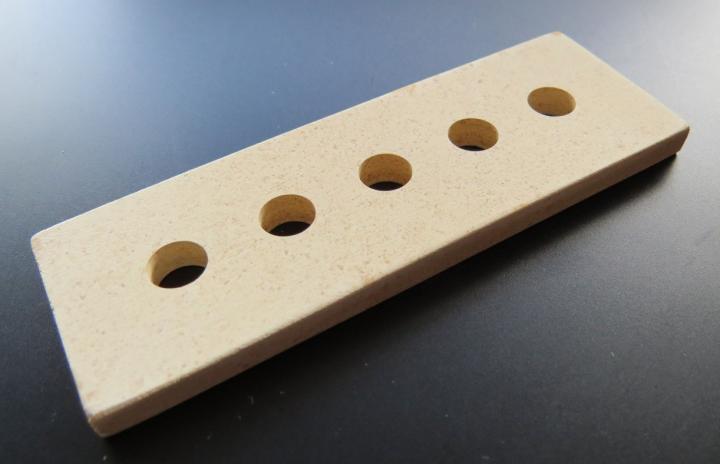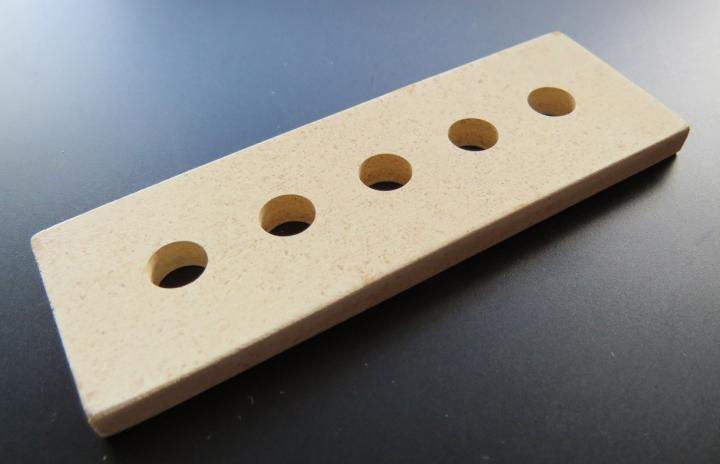
Credit: Jian Yang
The next generation of biomimetic orthopedic implants that incorporate citrate signaling may be possible thanks to a $1.7 million grant from the National Institute of Arthritis and Musculoskeletal and Skin Diseases, part of the National Institutes of Health. The five-year grant goes to Jian Yang, professor of biomedical engineering, who will look into the unexplored regulation of citrate for bone development and translate the information into designing novel citrate-presenting biomaterials that can address the limitations of currently available materials including their inability to mimic native tissue composition, weak mechanical strength, minimal ability to induce bone growth, a significant inflammatory response, poor bone integration and slow bone regeneration. The project has three components. First to understand the role of citrate signaling in the differentiation of the adult stem cells that are the precursors to bone, cartilage, muscle and some fat cells. Then the researchers will apply that information to the design of biomimetic — mimicking biological — cells that are citrate-presenting biomaterials that can aid in the specific cell differentiation. Finally, using a rat model, Yang and colleagues will test the biomimetic material to see if it causes stem cells to produce appropriate bone.
###
Media Contact
A'ndrea Elyse Messer
[email protected]
814-865-9481
@penn_state
http://live.psu.edu





